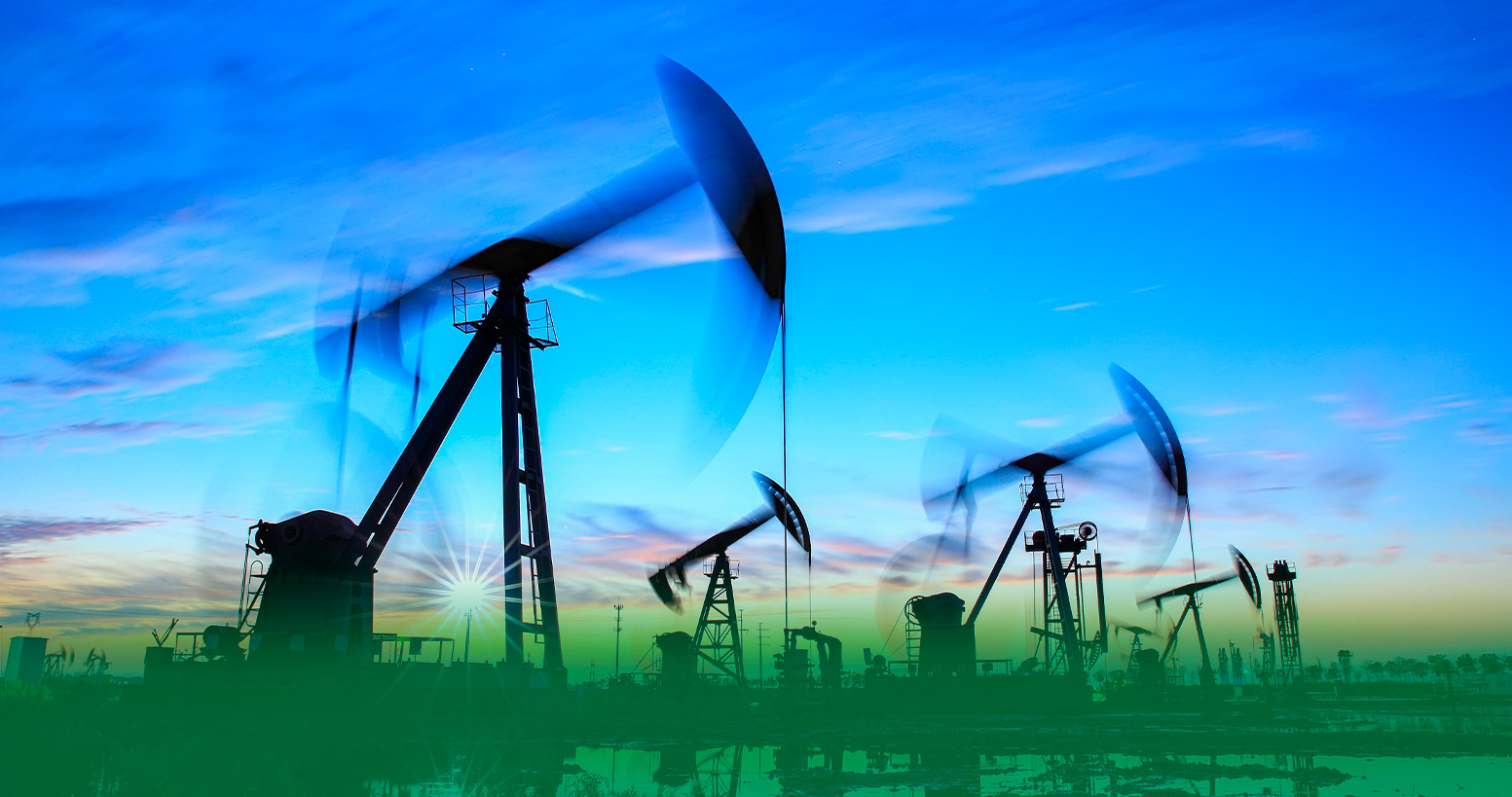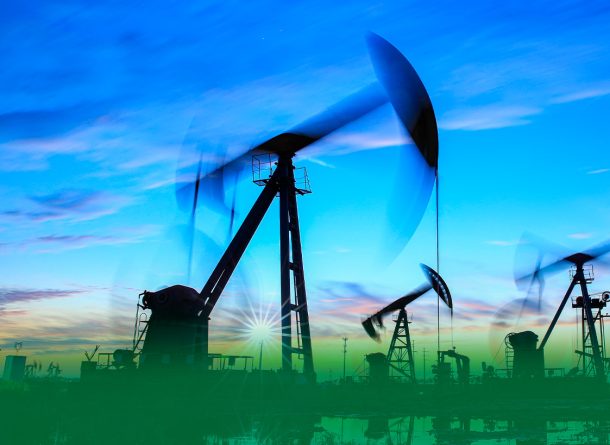02/21/2025
Getting insurance for your company can be complicated, costly, and confusing. This guide provides a roadmap for Midland oil and gas companies to understand:
- Coverage options,
- Risk management strategies
- Compliance requirements.
Supported by insights from Safeguard Insurance Agency and industry sources, businesses can safeguard their future and thrive in this competitive industry.
What is Oil and Gas Insurance?
Oil and gas insurance is a specialized type of coverage designed to protect businesses in the energy sector from financial losses related to accidents, equipment failures, environmental damage, and other industry-specific risks. It includes various policies such as general liability, property insurance, workers’ compensation, and pollution liability, ensuring companies stay financially secure while operating in high-risk environments.
Understanding Midland’s Oil & Gas Insurance Landscape
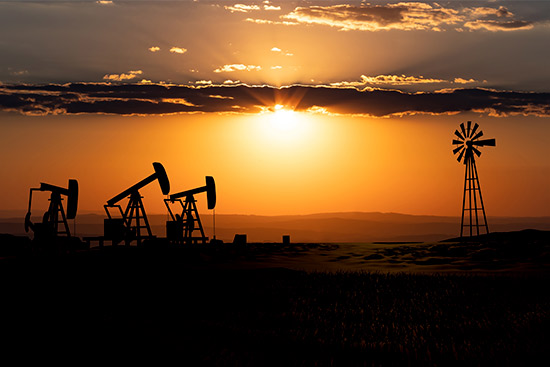
Midland, Texas, situated in the heart of the Permian Basin, is a cornerstone of the American oil and gas industry. This thriving sector faces unique challenges that demand specialized insurance solutions. Recently, companies in the region have grappled with rising insurance costs and coverage issues, highlighting the importance of tailored protection.
To address these challenges, the insurance market offers a range of specialized products, and your company must act proactively by getting the necessary coverage. These include property insurance for valuable equipment, liability coverage for operational risks, and unique policies such as well control and pollution liability insurance. Cyber insurance has also become increasingly crucial as the industry faces growing digital threats. See explanations in Table 1. The specialized coverage is discussed in Table 2.
Protecting Your Business with the Right Coverage
Midland, Texas’s oil and gas industry, operates in a high-risk environment. Fires, explosions, and well-blowouts can lead to massive financial losses. Insurance is essential for protecting assets, managing liabilities, and ensuring regulatory compliance.
1. Coverage Options for Oil & Gas Companies
The right insurance coverage is crucial to protect against operational, environmental, and financial risks.
Table 1: Core Insurance Policies
| Coverage Type | Description |
| Property Insurance | Covers physical assets such as rigs, pipelines, and machinery against damage or loss. |
| General Liability Insurance | Protects against third-party claims for bodily injury, property damage, and legal expenses. |
| Business Interruption Insurance | Provides compensation for income loss due to operational disruptions. |
Table 2: Specialized Coverage for Industry-Specific Risks
| Coverage Type | Description |
| Control of Well Insurance | Covers expenses related to well blowouts and regaining control. |
| Pollution Liability Insurance | Protects against environmental damage claims, including oil spills. |
| Cyber Insurance | Safeguards against cyber threats, ransomware attacks, and data breaches. |
| Umbrella & Excess Liability | Provides additional liability coverage beyond standard policies. |
Umbrella and Excess Liability Coverage have become increasingly important in the high-risk oil and gas sector. As recent industry reports note, “A service contractor in the field working for a major operator is required now to carry $10 million in umbrella coverage. Five or ten years ago, the operator required $5 to $10 million.” This increase reflects the growing need for comprehensive protection against potential large-scale incidents.
By carefully selecting and combining these coverage options, Midland’s oil and gas companies can create a robust insurance portfolio that addresses their unique risk profile and operational challenges.
Top Causes of Loss in the Energy Sector
According to the Allianz Global Data Survey, the top causes of financial loss in the energy industry are:

🔵 Fire (45%) – The leading cause of loss in the industry.
🟢 Blowouts (18%) – Uncontrolled well releases result in costly damage.
🟡 Machine Breakdowns (14%) – Equipment failure disrupts operations.
🟦 Explosions (10%) – Sudden combustion events cause severe damage.
🟣 CBI Losses (7%) – Contingent business interruption affects supply chains.
With fires and blowouts making up over 60% of claims, property and liability insurance are essential investments for Midland oil and gas companies.
2. Risk Management Strategies
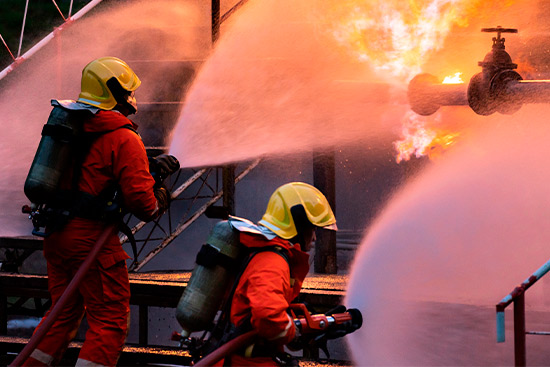
In the dynamic and high-risk environment of Midland’s oil and gas sector, effective risk management is crucial for long-term success and financial stability. Beyond insurance, oil and gas companies in Midland should implement proactive risk management to minimize financial exposure.
Identifying & Mitigating Risks
- Operational Risks: Well blowouts, equipment failures, and transportation hazards.
- Environmental Risks: Oil spills, air pollution, and regulatory violations.
- Cybersecurity Risks: Data breaches and digital attacks on operational systems.
Best Practices for Risk Prevention
- Regular safety training for employees.
- Advanced monitoring technology for detecting hazards early.
- Compliance with OSHA safety standards to reduce liability.
- Strengthened cybersecurity measures to prevent data breaches.
3. Navigating Regulatory Compliance
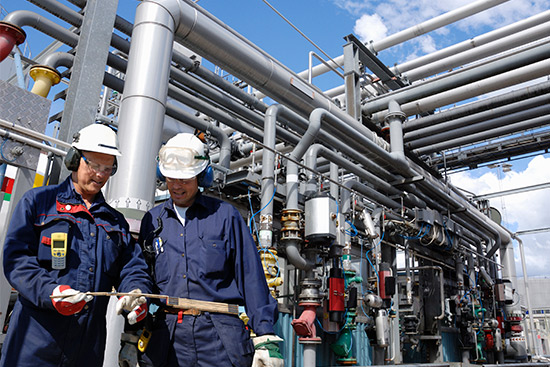
In Midland’s oil and gas sector, regulatory compliance is a critical aspect of operations, with insurance playing a crucial role in meeting these requirements. While specific Midland regulations are not detailed in our sources, it’s clear that both state and federal regulations significantly impact insurance needs for oil and gas companies. Insurance policies can be instrumental in meeting regulatory standards.
Why Compliance Matters
- It avoids fines and legal penalties
- Ensures continued operations and licensing
- Protects workers and the environment
- Builds trust with stakeholders and regulators
Key Regulatory Considerations
- Environmental Protection: Compliance with EPA and Texas Commission on Environmental Quality (TCEQ) laws.
- Workplace Safety: Following OSHA regulations to maintain safe working conditions.
- Liability Insurance Requirements: Some policies, such as pollution liability, are mandated by law.
Your Partner in Protection in the RGV: Safeguard Insurance Agency

By working closely with experienced insurance providers, Midland’s oil and gas companies can make sure that their policies protect their assets and keep them in good standing with regulatory bodies, fostering a sustainable industry.
Safeguard Insurance Agency offers:
- Industry Expertise: Specializing in oil and gas insurance solutions.
- Customized Policies: Tailored coverage options to match your risk exposure.
- Regulatory Guidance: Assistance with compliance and insurance audits.
- Competitive Rates: Access to comprehensive protection at affordable rates.

